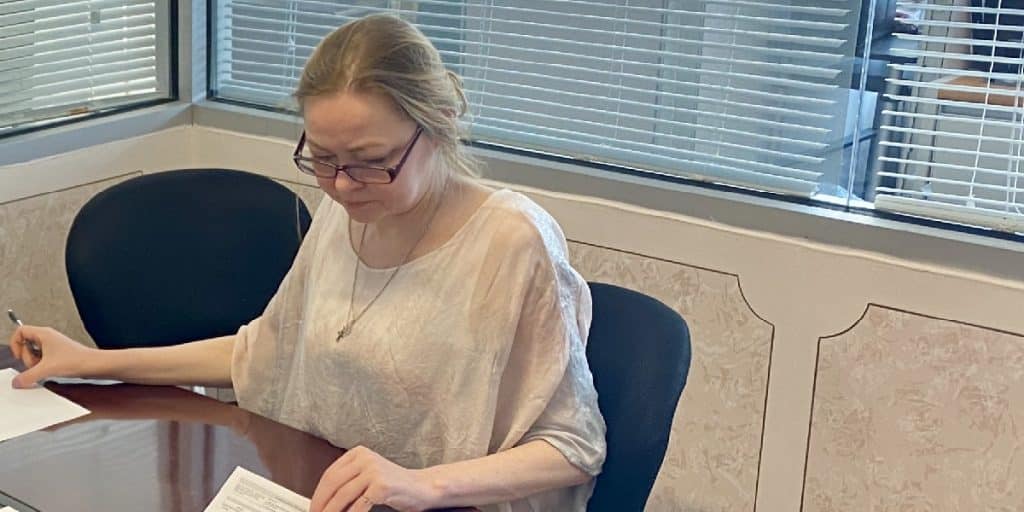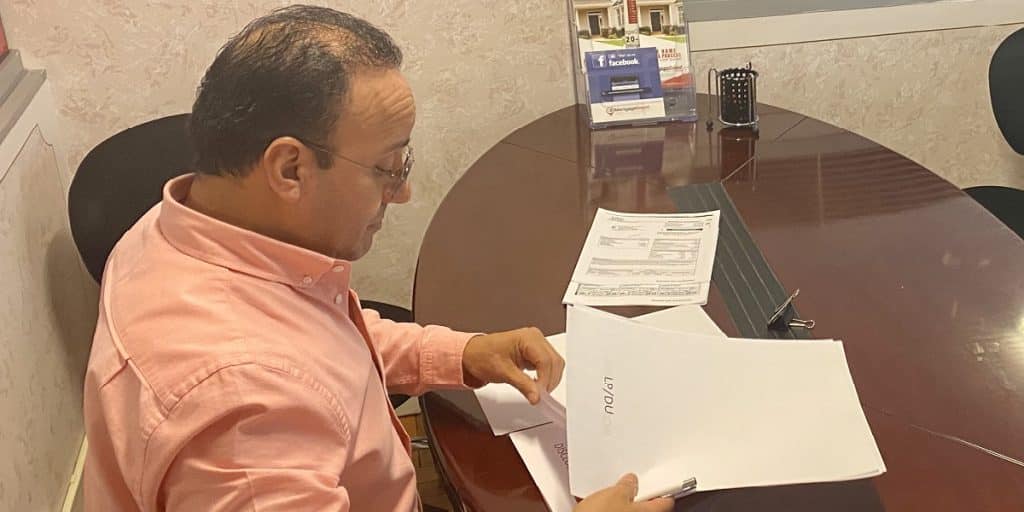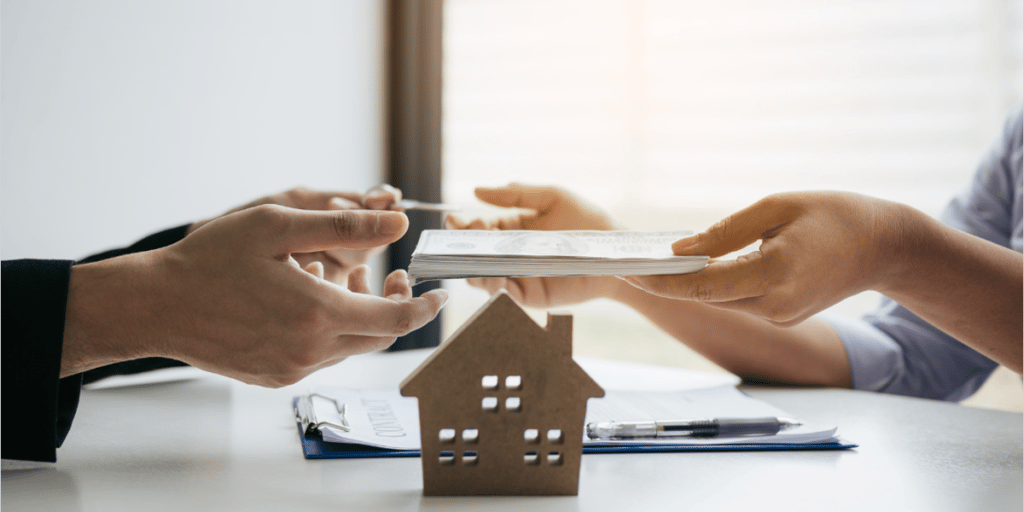
The fall out of the coronavirus pandemic has impacted millions of people’s financial lives, and that especially includes home buying. If you had planning to purchase a property soon, you must have a lot of questions—about whether or not it’s possible to buy or tour a house now, COVID-19’s impact on home prices, and more.
We’re here to answer your home buying questions in the age of coronavirus to help you navigate this new reality in real estate, because we know there are still a lot of questions that you want answers to. So here are some helpful answers to your most pressing questions about buying a home right now. Whether you’re wondering where home prices are headed or if open houses are a thing of the past, we’ve got answers for you to learn everything you need to know.
1. Is it still possible to buy a home today?
While it may be more challenging buying a house today due to current health and economic concerns, it is definitely possible. It is a fact that the U.S. Department of Homeland Security has declared that residential and commercial real estate services are considered an essential service that should be allowed to continue. However, bear in mind that certain aspects of the home-buying process might be restricted or be conducted a bit different these days. For instance, as COVID-19 outbreaks gained momentum, hard-hit states (such as New York) banned in-person home viewings. Typically home closings include the presence of the buyers, the sellers, their agents, and a notary; some states (such as Florida) have loosened restrictions and allowed remote or “curbside” closings, where documents are slipped through car windows to minimize the exposure levels of the coronavirus to all parties involved.
Aside from the federal and local restrictions, a lot will depend on the home sellers’ comfort levels. Some sellers may be fine with your touring their house. But others might not be comfortable letting strangers in their home for fear of exposure to the virus, even if property tours are allowed in your area. A local real estate agent will be best informed about what homebuyers can and can’t do in your area, so consult an agent for the most up-to-date information in your area.
2. Are open houses or home showings still allowed?
Whether or not open houses are allowed in your area is left to how local authorities enforce their lockdowns. Under many quarantine orders, in cities such as in Los Angeles and New York City during the height of the pandemic, open houses have been completely banned. While there is other states that currently allow open houses as long as capacity allows for social distancing. The National Association of Realtors® offers guidelines on attending open houses, recommending that they be limited to fewer than 10 people, if they’re hosted at all.
Basically, in areas where open houses aren’t allowed, individual home showings with just a buyer and an agent are OK. But please keep in mind that even if showings are allowed, agents and home sellers must all be willing to participate in them to make them happen. Check with your agent and local government for more information, and know that what’s permissible could very well change as this pandemic progresses.
If you do choose to attend an open house or tour a home, here’s what you must do to stay safe:
- Don’t physically touch anything in anyone else’s home. Ask that the owners open cabinets and closets prior to a showing.
- Stay six feet apart from your real estate agent at all times. If the home is small, ask your agent to open the front door for you and wait in the kitchen while you tour the house on your own. You can ask questions via cellphone as you look around.
- Wear protective booties; agents generally provide these even in normal times. Carefully throw them away when you’ve finished touring.
- Wash your hands thoroughly with soap after you leave the home.
- Another option to attending an open house or private tour is that you can conduct a virtual house hunt. You can also drive through a neighborhood and check out the area from the safety of your car.
3. What do I prepare to buy a house?
- Check your credit score
- Figure out how much home you can afford financially
- Get pre-approved for a mortgage
- Avoid any major purchases that affect your credit score
- Check online listings
4. Is this a good time to buy a home financially?
Financially, there are some advantages to buying a home right now. Presently with mortgage interest rates being historically low, it means your monthly housing payments will be lower too. And by putting a property under contract now and locking in a low interest rate, it gives buyers more control than living in rental properties where the rents are likely to go up.
Another huge consideration on the financial side of the home-buying process comes down to the competition. The coronavirus has dissuaded quite a few homebuyers from home shopping for the time being. So when buyers who do venture out face less competition, this could put them in a stronger position to negotiate with sellers.
In addition to carefully surveying the housing market and mortgage rates in your area, you should also take an honest assessment of your personal finances. You’ll want to gauge whether now is a good time to buy for you. Is your job and income stable, or are you concerned about potential layoffs or the stock market?
If you feel that your own financial future is uncertain, you’re advised to take more of a wait-and-see approach before buying a home. Or consider buying a home well under what budget that you can afford just in case the coming months bring about an unexpected change to your circumstances.
5. Can I still buy a home if I’m unemployed?
In general, if you are recently unemployed you should think twice about buying right now. But there are some ways you can proceed with a home purchase, but with caution.
For instance, you’re between jobs and if you have enough money in the bank to make an all-cash offer—due to a previous home sale or inheritance—you can skip the mortgage process entirely.
If you do need a mortgage, you’ll need not only a high credit score and a low debt-to-income ratio to qualify for a mortgage loan, but also a source of funds to prove to lenders you can make your monthly mortgage payments. If you are a dual-income family with a spouse or significant other still working, that person could apply for a mortgage. Many lenders will also allow for a monetary gift to homebuyers from relatives. In some instances, a sizable gift satisfies lenders’ application requirements even if the borrower is currently unemployed.
6. How long does it take to close on a house?
There’s no question that the length of time from an accepted offer to a home closing during the height of the pandemic is taking much longer. Closing times used to average about 26 days in January, then hit 43 days in February, and shot up to 60 days in March. And they’re likely to take longer still in the coming months.
It’s a simple fact that lenders are buried under mountains of paperwork as refinancing applications have skyrocketed due to the historically low mortgage interest rates available to borrowers today. And bear in mind that in addition to lender backlogs, social distancing and shelter-in-place orders across states have complicated the home closing process. While home inspections and appraisals are possible, everything is just taking longer during the pandemic.
Contact one of our loan consultants to learn more about this program.
Have questions or need help?
Call us now at 800-220-LOAN
Request a call back or email us your questions!







